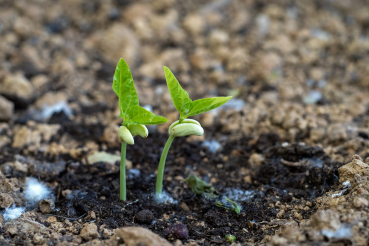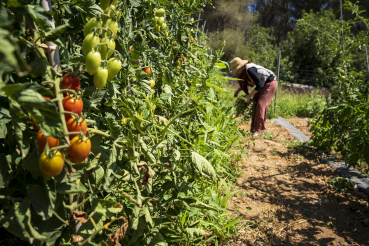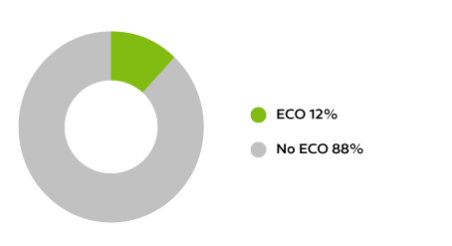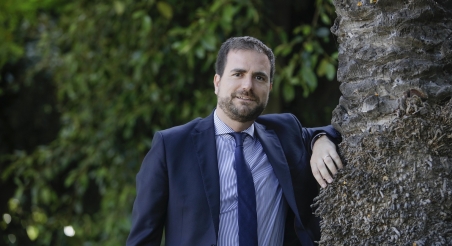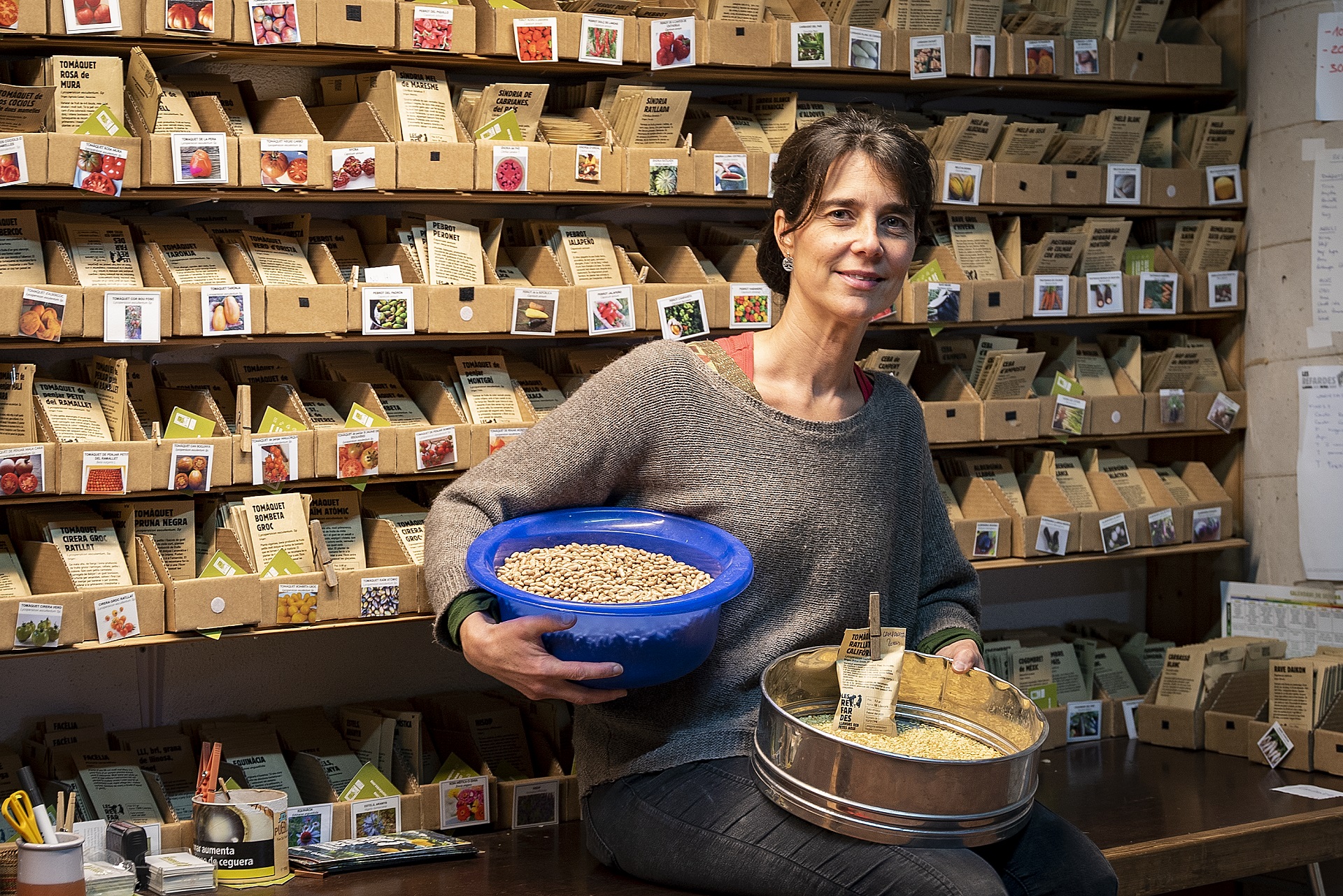
Les Refardes SCCL
Les Refardes is a cooperative based in Mura, Bages, and that coordinates the production of seed of local varieties in 18 farms distributed throughout Catalonia. Most of these are dedicated to the sale of proximity of certified organic vegetables.
It is known that for years and particularly in the most urbanized areas of the planet we have been suffering a setback in terms of cultivated biodiversity, that is to say in the diversity of varieties and species that we cultivate, mainly for culinary uses (but not exclusively, they can also be medicinal, tooling, symbolic or other), in fact, it is estimated that 75% of the agricultural genetic heritage has already been lost. This fact is associated with the homogenization of the diet and the expansion of the industrial model of food production on a global scale, privileging the use of a few seeds improved and standardized under production criteria ahead of the local varieties typical of each territory, more heterogeneous and diverse.
Local, traditional, old, peasant, free or country varieties are better adapted to organic farming conditions and are a key element for the resilience and food sovereignty of the territories. Because they have not been selected looking only for productivity, but uses and specific qualities that meet the demands of the agrosystem and are free to distribute. On the other hand, they diversify the food base of both traditional and current societies.
At the beginning of the 2000s there were very few initiatives in Catalonia and Spain that were working on the conservation of cultivated biodiversity. At that time in the Agricultural School of Manresa they had been carrying out prospecting of local varieties in Bages. In fact, from this small agroecological ecosystem of Bages emerged in 2002 the Esporus project, a seed bank that is located in Manresa promoted by the ERA, the Association of Agroecological Resources. Ester, founding partner of the Refardes who at that time was working at the Agricultural School together with Ernest, the other founding partner of Les Refardes, decided to promote a project that covered one of the gaps they detected at the time: prospecting and collecting seeds and the associated knowledge were being replicated and preserved in seed banks, but at the moment there was no initiative to promote on a small scale or average its use and that it made them reach a wider audience or to the same peasantry.
They believed that creating a project focused mainly on the replication and commercialization of the seeds of local varieties would help to renormalise their use and thus preserve them in vivo: extending their cultivation and consumption again, making them live seeds. This is how in 2003 the project of Les Refardes was born.
The main objective of the project is to conserve the agricultural genetic heritage and cultivated biodiversity alive, while avoiding genetic erosion and homogenization.
They do this through the multiplication, marketing and stewardship of local and traditional varieties of seeds.
- Despite bureaucratic difficulties regarding the commercialization of traditional seeds, it is a heritage that must continue to fight to preserve. After almost twenty years, local and traditional varieties have been better known and valued. However, the revaluation of farmer work and a more positive and active role on the part of the administrations is still very necessary
- Now that they have stabilized the project, they do not imagine continuing to grow, but that there are new projects such as Les Refardes that multiply and commercialize more seeds in other territories of Catalonia.
In 2003 they started as an association without contribution of initial capital. The project started mainly thanks to the non-salaried hours of dedication of the two founders.
As the project gained economic capacity, they began to be able to have salaried dedication (from the 4th year). Until the 5th year it was not a project that could maintain two full-time workers.
Apart from the initial contributions in the form of voluntary dedication and the fact of lowering productive costs thanks to obtaining a farmhouse, they also gained access to external financing. Among them stands out:
- €3,000 per year during the first 3 years through a grant from the Territori i Landscape Foundation.
- During the first years they obtained support from some administrations to continue with part of the prospecting tasks: for example in Pallars thanks to the support of the Regional Council or in Mura with the support of the Diputació de Barcelona.
- In 2016 they obtained a grant from the Singulars Project of the Generalitat de Catalunya, of €60,000, which allowed them to hire a fifth person at that time.
Currently, it is a project that is sustained mainly thanks to the economic activity generated from the commercialization of seeds.
Likewise, they continue to opt for grants or subsidies that allow them to carry out more the tasks related to research, dissemination and even production (although they express many difficulties in obtaining external funding for the latter).



